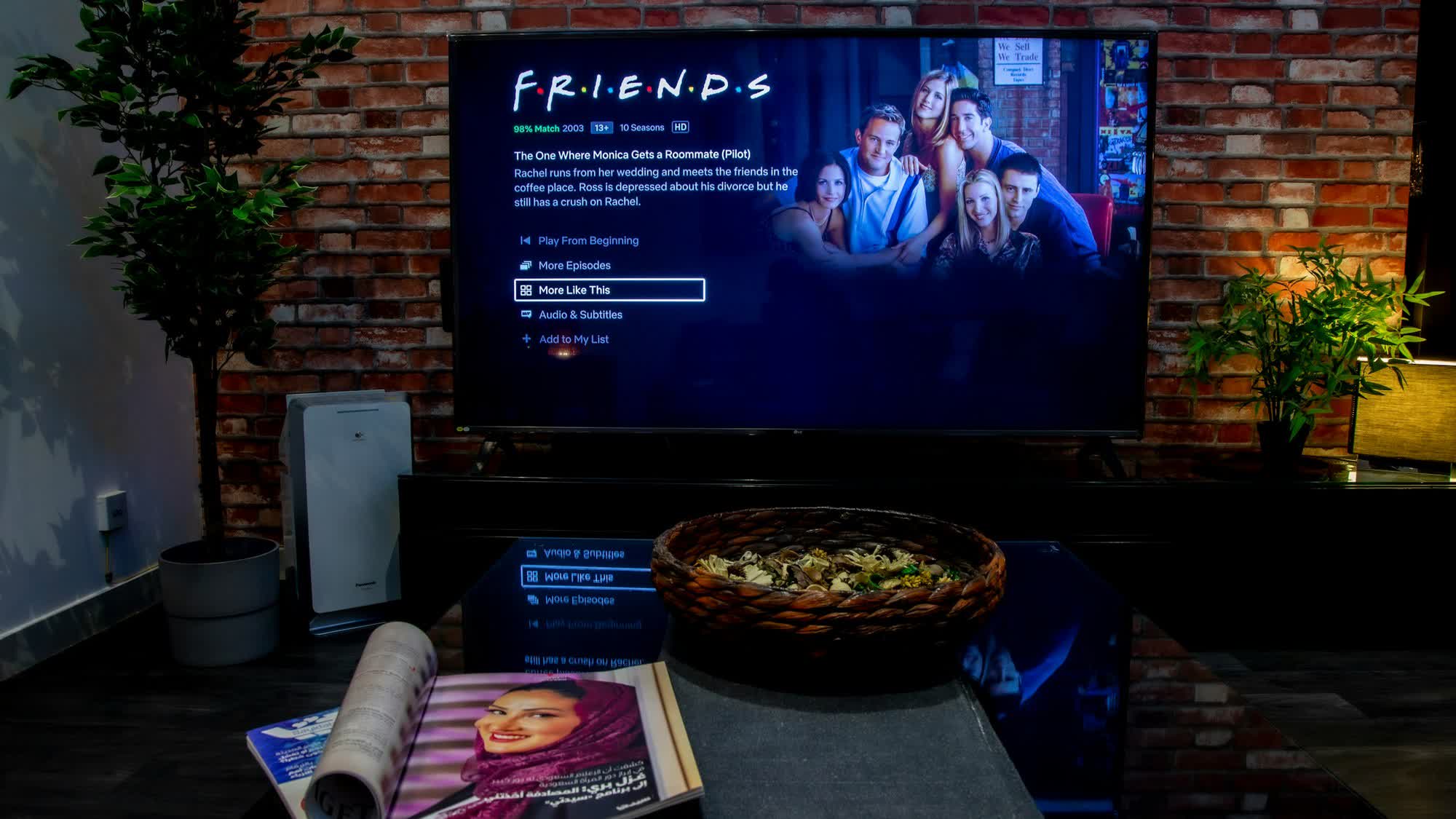What just happened? Vizio has agreed to pay $3 million to settle a class action lawsuit that alleged the company falsely and deceptively advertised the refresh rates of its TVs. The lawsuit, which was filed in 2018, alleged that the company falsely claimed that its 60Hz and 120Hz LCD TVs had "effective" refresh rates of 120Hz and 240Hz, respectively.

In addition to the $3 million payout, Vizio has also promised to stop the deceptive advertising practices and agreed to provide "enhanced services" and a limited one-year warranty to all eligible customers. In addition to the settlement award, Vizio will pay the plaintiffs their attorneys' fees, which will be determined by the court.
According to the details listed on the class action's official website, people who bought a Vizio TV in California after April 30, 2014, are eligible to file a claim. Buyers will be entitled to a payment between $17 and $50 depending on the number of claimants, but the payout may even be lower than $17 if total claims exceed the $3 million fund.

The deadline for filing claims is March 30, 2024, and claimants will require proof of ownership, which includes either a copy of the receipt or the serial number of their TV. For people who bought their Vizio TV from online retailers, the place of purchase is their state of residence at the time of the purchase.
Consumer electronics companies often use confusing terminology to market their products, and Vizio's "effective refresh rate" claim is a case in point. While the real refresh rate is a hardware feature that dictates how many frames can be displayed every second by a TV or a monitor, "effective" refresh rate is a software-based manipulation that aims to smooth out motion blur to offer a better viewing experience.
The lawsuit, filed in the Superior Court of California in Los Angeles, pointed out the difference between real refresh rate and software-based manipulation, saying the latter cannot be used to increase the actual refresh rate of a television, and hence, should not be advertised as such. It accused Vizio of using misleading advertising and selling a "lesser-quality product at a higher price."
https://www.techspot.com/news/101403-vizio-pay-3-million-settle-class-action-lawsuit.html